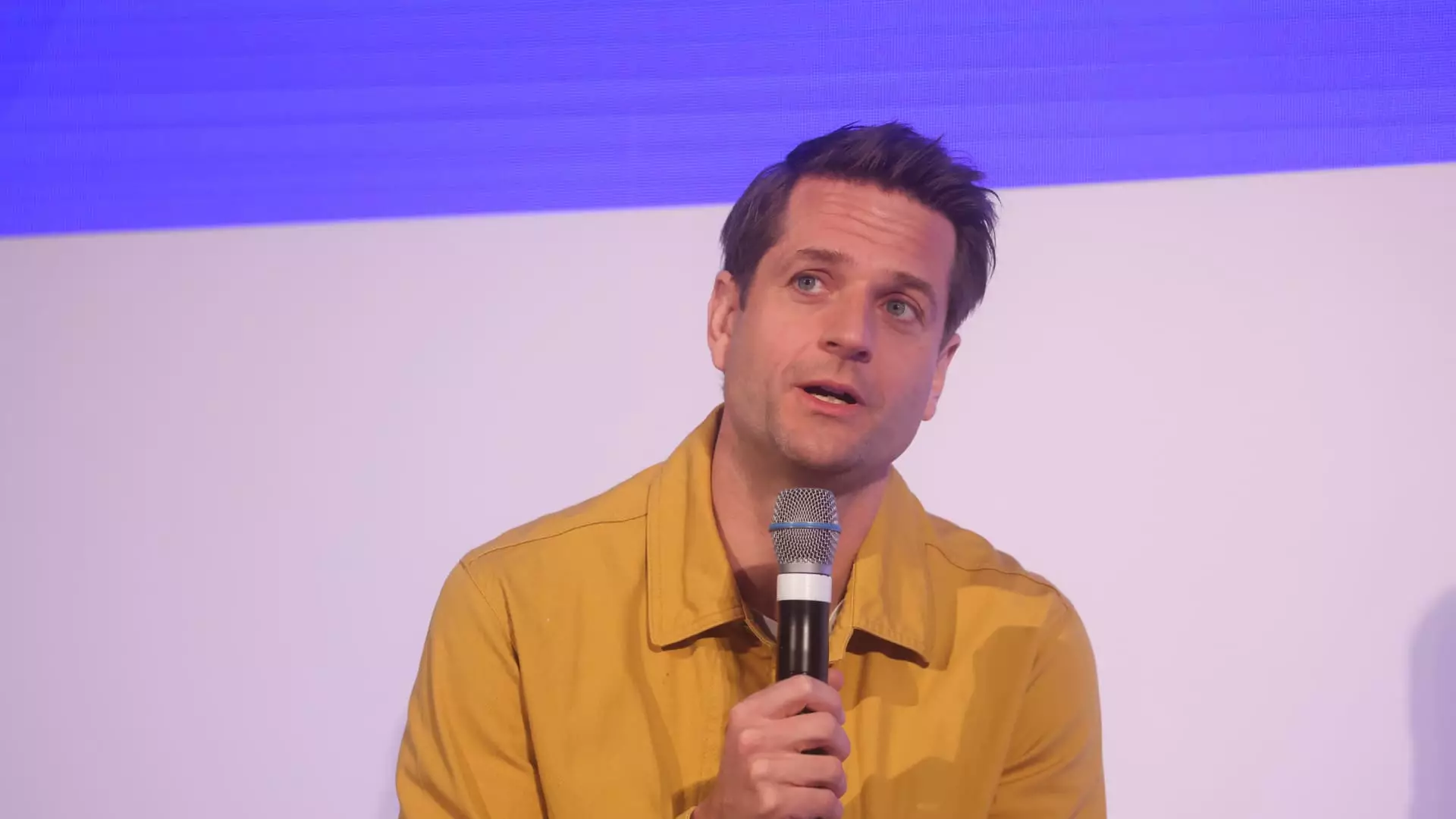As Klarna gears up for its anticipated initial public offering (IPO), the company faces significant challenges related to talent retention, particularly influenced by the European tech landscape. Klarna, recognized for its innovative “buy now, pay later” financial solutions, is navigating a pivotal moment in its corporate history. CEO Sebastian Siemiatkowski expressed profound concerns regarding the brain drain of technology talent from Europe—a situation exacerbated by restrictive regulations surrounding employee stock options. This article explores these challenges and their implications for Klarna’s future.
At the core of Klarna’s difficulties is the regulatory environment in Europe, which governs how companies compensate employees through stock options. In an interview with CNBC, Siemiatkowski emphasized that Europe’s unfavorable rules may push valuable tech talent towards lucrative opportunities at U.S. tech giants like Google, Apple, and Meta. Unlike U.S. firms, which typically offer robust equity compensation, Klarna has gone on record stating that it allocates a mere fifth of equity compared to its publicly listed competitors. This inequity not only hampers its competitiveness but also places Klarna at a disadvantage in attracting top-tier employees.
Currently, European employees face challenges such as “uncapped” social security payments linked to their stock options, particularly in Sweden and the U.K. This means that as stock values rise, companies must pay increasing amounts towards social benefits, heightening financial uncertainty for both employees and employers. The unpredictable nature of these costs complicates financial forecasting for firms like Klarna and creates an unattractive proposition for potential employees who could see their stock rewards significantly diminished upon realizing their value.
As Klarna approaches its IPO milestone, the recruitment and retention of talents are becoming increasingly critical. Siemiatkowski views the risk of losing employees to American firms as one of the foremost challenges facing Klarna. More pressing is the reality that the company is aiming for a public listing in what has been an uncertain market for fintech IPOs. Klarna’s leaders recognize that, without an effective strategy to motivate and retain premium talent, their path to a successful IPO could face significant hurdles.
Reports suggest that the company is making strides toward selecting Goldman Sachs as its lead underwriter, potentially positioning the fintech player for an IPO as early as 2025. However, if talent retention remains an unresolved issue, prospective investors might see this as a flag—or a barrier—in assessing Klarna’s long-term viability and growth prospects post-IPO.
The disparity in compensation frameworks becomes even starker when contrasted with the U.S. tech environment. A study from venture capital firm Index Ventures revealed that employees at late-stage startups in Europe own around 10% of their companies, whereas their American counterparts own about 20%. This gap reinforces the notion that European tech firms, including Klarna, are at a competitive disadvantage in attracting and retaining top talent.
Siemiatkowski raised concerns about a prevailing sentiment in Europe that undervalues compensating skilled workers adequately, particularly within the financial services sector. This cultural mindset discourages investment in talent, putting European tech firms at risk in the competition for the best and brightest minds—not just locally but also on a global scale.
With the shift towards remote work and greater mobility for skilled professionals, companies like Klarna must rethink their employee value propositions. The traditional structures and benefits must evolve to meet the expectations of a modern workforce that prizes flexibility and competitive compensation. As Siemiatkowski noted, talented individuals are more mobile than ever, meaning they are likely to accept offers from international firms offering better compensation and work-life balance, especially those that can facilitate relocation.
Furthermore, as Klarna continues its aggressive expansion into the U.S., there lies the dual challenge of scaling operations abroad while simultaneously managing the retention of its local workforce. The dual pressure highlights the necessity for Klarna to innovate its employee offerings—beyond financial compensation—to foster a workplace culture that champions talent retention.
Klarna’s journey toward going public represents more than just financial metrics and market strategies; it is a testament to the evolving landscape of workforce dynamics in the tech sector. The obstacles posed by Europe’s regulatory environment could impede not just Klarna’s IPO aspirations but also its broader ambitions in the competitive fintech domain. The onus is now on Klarna to adapt—a challenge that, if met head-on, could shape the company’s trajectory in the coming years while paving the way for a more favorable ecosystem for emerging tech firms in Europe.

